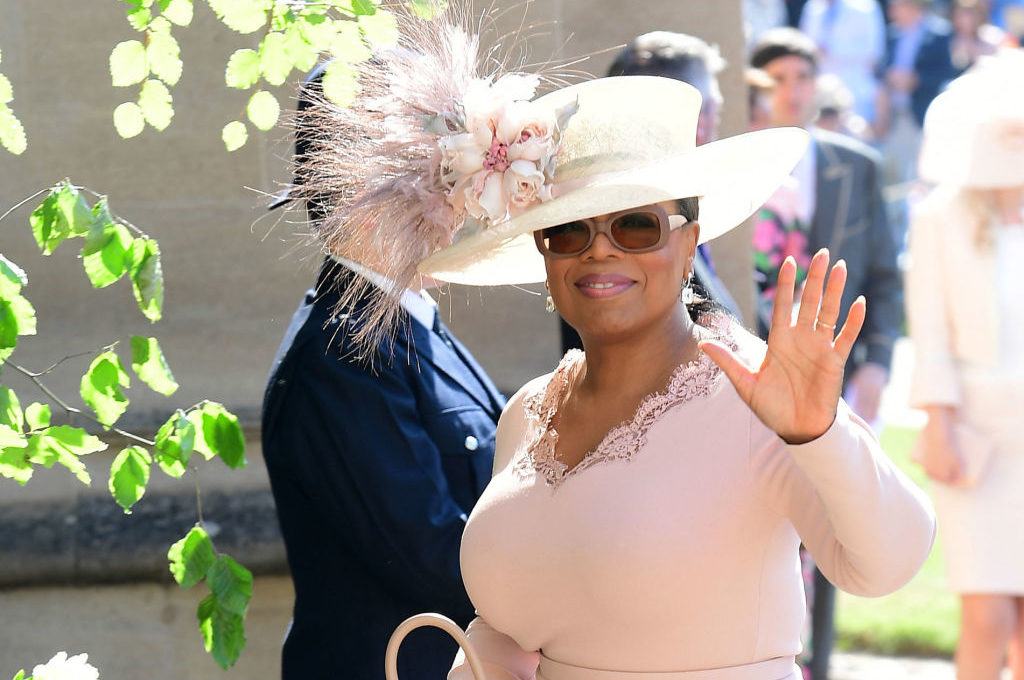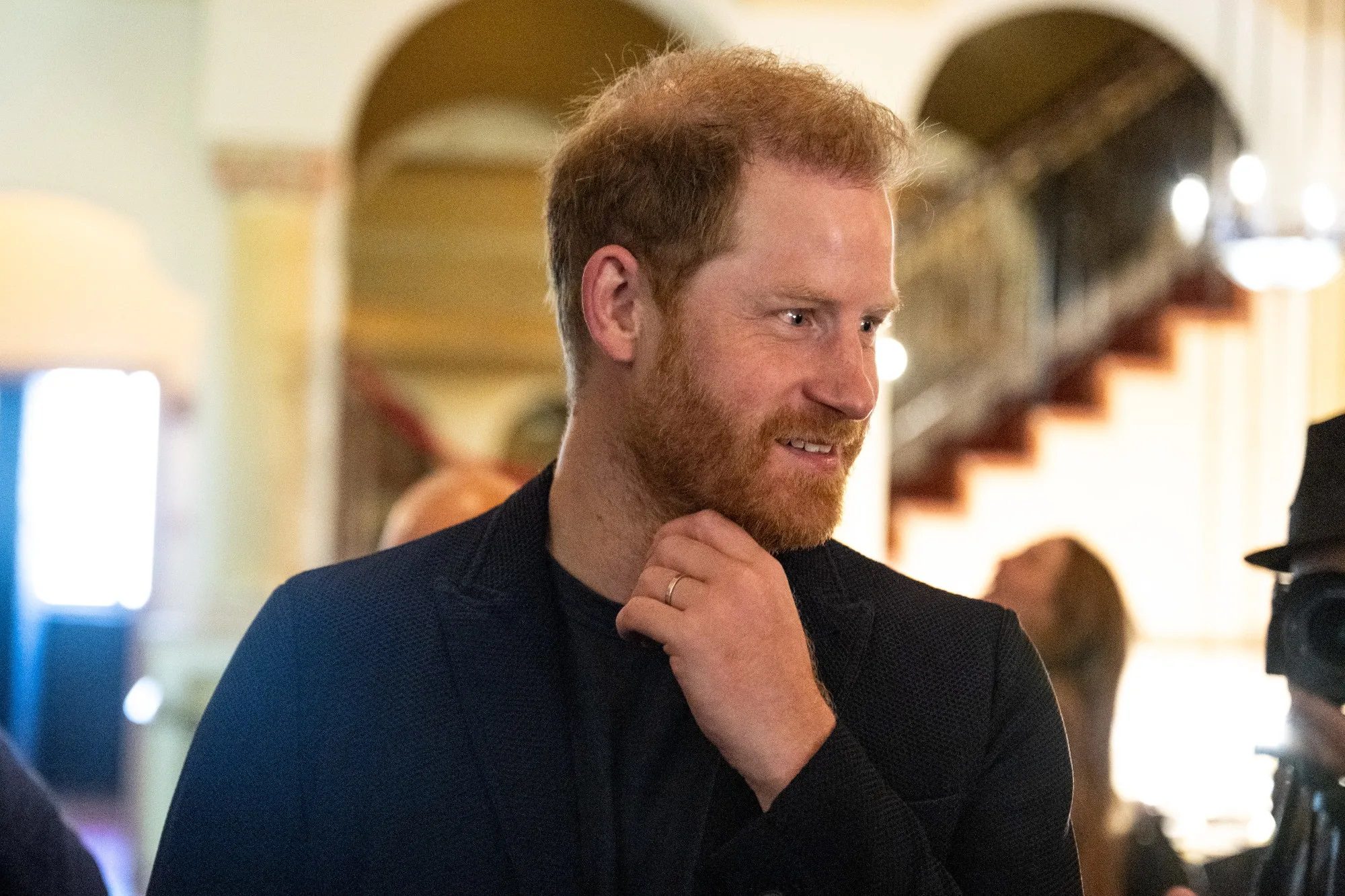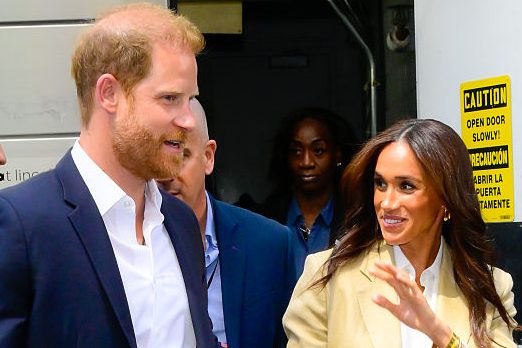Obviously, I can’t wait for the Meghan and Harry audience with Oprah Winfrey. Alas, it’s going to be broadcast at about one o’clock in the morning UK time (I’m still thinking popcorn at the office around a flat screen). But meanwhile there are tasters from the program to keep us happy.
What got me going from the most recent excerpt wasn’t Meghan’s observations about ‘The Firm’, interesting as that was, but the question put to her by Oprah:
‘How do you feel about the palace hearing you speak your truth today?’
Eh? ‘Your truth’? I think what she means is ‘putting forward your point of view’ or ‘offering your take on the situation’ or ‘giving your side of things’.
All of those things are perfectly legitimate; Meghan may also be quite truthful in giving her account of what’s happened in her relationship with the Palace. But there is ‘the truth’ and there is ‘your opinion’ and it is unhelpful to reduce truth simply to personal perspective. Naturally it’s a politically loaded term, privileging personal experience over any more objective kind of reality.
Oprah has form here. Notably in her speech at the Golden Globes in 2018. Referring to the #MeToo movement, she observed that:
‘Speaking your truth is the most powerful tool we all have. And I’m especially proud and inspired by all the women who have felt strong enough and empowered enough to speak up and share their personal stories.’
But if the personal stories she’s talking about are truthful they are not simply ‘my truth’. They may be sufficiently objective to be taken to a court of law where the concept of truth isn’t subjective. There it is a question of guilt or innocence beyond reasonable doubt.
In the case of Meghan, there may, for instance, certainly be valid differences of opinion about her alleged bullying behavior (something that has emerged after the interview was recorded), and she undoubtedly sees things differently from those who complained about her to the Times of London.
But it really doesn’t boil down to ‘my truth’ — that she was a model employer — versus ‘their truth’ — that she was horrid to them. It’s to do with what was said and done. She may well feel that she was simply frank and open and had different expectations from theirs; it’s still a matter of how she behaved and what she said, and the context for these things.
Nowadays, employers, including the Palace, have a duty of care to their workers. When it comes to an investigation or a tribunal process about these claims, the weaselly term ‘my truth’, won’t really come into it.
Oprah, of course, isn’t a court of law; she’s someone who encourages people to tell their stories and share their experiences without challenging their account. And she’s very good at it.
In itself, this is a perfectly valid exercise. But when you start reducing the truth to ‘my truth’ and ‘your truth’, which are unchallengeable because they are true on your terms, we’ve really lost something useful. The truth will set you free, but only if it’s the sort that isn’t just inside your head.

























